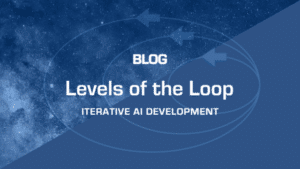An ontology is a structured framework for organizing information, combining a detailed description of concepts and their relationships with inference rules to facilitate logical reasoning and knowledge discovery. It uses instances of concepts, attributes of instances and classes, restrictions of classes, and rules (if-then statements) to describe the logical inferences that can be drawn from assertions and axioms. This framework allows for the inference of new knowledge from existing data and ensures data model consistency.
Ontologies are crucial in various applications, from the semantic web to knowledge management. They enable both humans and machines to interpret complex data by defining terms and their interrelations within a specific domain. For example, upper-level ontologies like DOLCE describe general concepts and relations, while domain-specific ontologies like the Gene Ontology focus on particular fields.
The Web Ontology Language (OWL) is often used to describe resources in ontologies, leveraging description logic axioms and serialized using the Resource Description Framework (RDF). This ensures logical consistency and enables advanced search capabilities, enhancing data interoperability and supporting decision-making processes in artificial intelligence systems.
In practice, ontologies are employed for various purposes, such as ensuring logical consistency in graph databases or facilitating knowledge organization and retrieval. For instance, if an ontology states that “Human” and “Sponge” are disjoint classes, it would fail a consistency test if an instance like John (a human) were categorized under both classes. By providing a clear framework for information structuring, ontologies play a pivotal role in enabling semantic web services and improving knowledge management.





